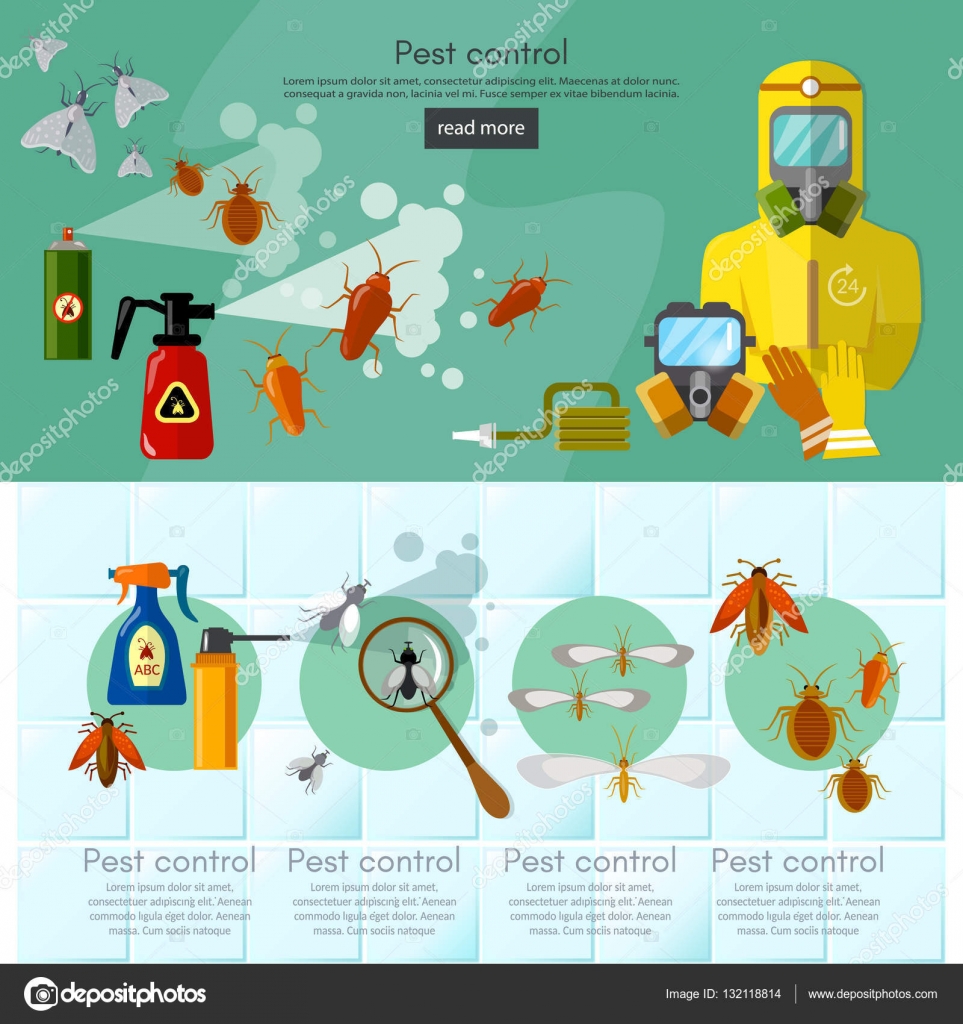Pest Professionals Recommend Eco-Friendly Tactics For Managing Rodents
Pest Professionals Recommend Eco-Friendly Tactics For Managing Rodents
Blog Article
Content Develop By-Grau Hays
Did you know that rodents are accountable for billions of bucks in residential or commercial property damages and health threats yearly? If https://holdenvpibt.webdesign96.com/26263229/searching-for-effective-insect-control-our-exterminator-solutions-are-the-response-bid-farewell-to-insects-for-good managing a rodent invasion, it is necessary to find efficient and eco-friendly methods to regulate them.
Bug professionals suggest different approaches, such as using all-natural repellents, humane traps, and the integrated insect management (IPM) technique. These methods not just focus on the security of your family members and the atmosphere however additionally ensure long-term control.
But what exactly are these techniques, and exactly how can they help you take on rodent problems? Allow's check out better.
Natural Repellents
To successfully repel rats in an environmentally friendly fashion, think about making use of natural repellents. These repellents are made from plant-based components that are secure for the environment and do not harm the rats.
One popular natural repellent is peppermint oil. Rats find the strong aroma of peppermint frustrating and will prevent areas where it's present. Merely saturate cotton balls in peppermint oil and put them in locations where rodents are most likely to get in, such as close to splits or openings.
One more effective all-natural repellent is garlic. Rats dislike the smell of garlic and will certainly avoid locations that have actually been treated with garlic spray. To make your very own garlic spray, mix minced garlic with water and spray it around your home.
Utilizing natural repellents not just assists keep rats away yet likewise ensures the safety and security of your setting.
Humane Traps
Humane catches give a caring and reliable way to capture and launch rodents without creating them damage. These catches are designed to capture the rodents active, allowing you to safely release them back into their natural environment. They're an exceptional option to traditional traps that can create injury or fatality to the rats.
Humane traps work by drawing the rodents into the trap with lure, such as food or nesting material. Once inside, the catch firmly closes, stopping the rodents from getting away. It is essential to examine the catches frequently to make sure the rats aren't left caught for extensive periods.
Integrated Pest Administration (IPM) Approach
If you're looking for a green method to rodent control that surpasses humane traps, take into consideration applying the Integrated Parasite Monitoring (IPM) technique.
IPM is a comprehensive strategy that concentrates on long-term prevention and control of bugs, while lessening making use of chemicals.
Below are 3 essential elements of the IPM technique:
1. take a look at the site here : A thorough inspection of your building assists determine the source of rodent invasion, such as access factors or food sources. This allows targeted treatments and reduces reliance on chemicals.
2. Avoidance: Executing safety nets like securing cracks, saving food properly, and keeping sanitation can aid hinder rodents from entering your home or structure.
3. Tracking: Normal surveillance of rodent task permits early discovery and intervention. This can consist of establishing traps, using safe baits, or using electronic monitoring systems.
Conclusion
In conclusion, when it involves rodent control, it's recommended to utilize green methods such as all-natural repellents, humane catches, and the Integrated Parasite Monitoring (IPM) strategy.
By integrating these methods, we can successfully manage rodent populaces while minimizing injury to the setting.
Bear in mind, going green in parasite control isn't only beneficial for our world but also for our very own wellness.
So, allow's welcome these sustainable techniques and bid farewell to our furry foes!
